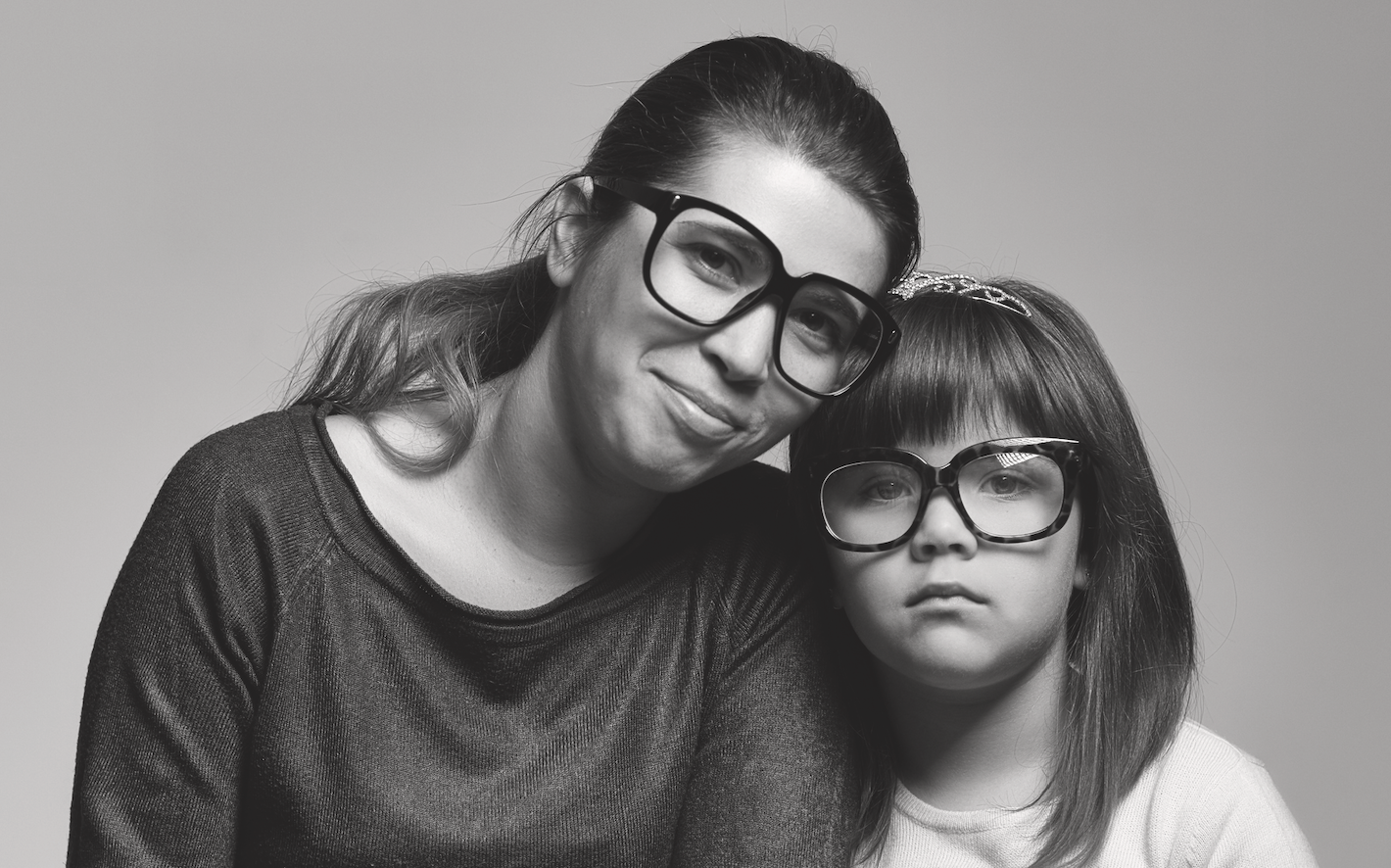When I tell people my child has autism, they often fall silent. Then they tend to respond with reassurances or, worse, condolences. I realize their intentions are good; people are generally caring and concerned. But the fact is, no one has died.
Yes, we have experienced our share of struggles and, at times, even something approximating grief. But I wish people would save their sympathy for funerals. I also wish they wouldn’t bring God into it.
You may unsubscribe from any of our newsletters at any time.
In the seven years since my son was diagnosed, I have heard countless clichés and explanations, including “God only gives you what you can handle” and “God has a plan for you.” None of us can speak with any authority about God’s master plan because no one knows.
More on Broadview: Church apologizes for booting child with autism from service
Let’s be clear: there’s nothing “special” about parenting a child with special needs. It is not a superpower that comes with a flashy red cape or a magic belt. If it’s a special mission or a divine assignment, God has not told me.
Sure, having a child with special needs means I have more responsibilities — extra appointments to go to, extra forms to fill in. But otherwise, my family looks much the same as anyone else’s. There are meals to cook, piles of toys and clothes to clean up, homework to help with. Like all parents, I love my kid hard and worry about him even harder. I’m also tired — okay, very tired — yet hopeful. Treating me like a “warrior” or “chosen one” is misguided.
Instead, see me for who I am: a mom doing the best she can. Open your mind. Ask questions and really listen to the answers. Buy me a cup of coffee (or a glass of wine). Make me laugh. Take the dog for a walk. If you’re so inclined, pray for my family. Your prayers are the spiritual equivalent of warm thoughts and positive vibes, which I welcome.
And if you feel the need to say something helpful, say: “I’m here. You’re not alone.” Then find ways to prove it. I’m not religious, but I’m pretty sure that’s what Jesus would have done.
This story was originally featured in Broadview’s July/August 2019 edition with the title “Watch your words.” To read more of Broadview’s award-winning content, subscribe to the magazine today.















If you realize intentions are good, why not appreciate them. People don’t understand the fallen world in which we live.
I get the motto: “If you don’t have anything nice to say, then don’t say it.” Even Jesus seemed condescending at times. (John 5: 1-5)
I hate when I hear: “I know how you feel.” We’re all different, so I know what is meant is: “I’m trying to understand from my previous experiences what you could be experiencing now.” That may be good intentions, but I’m sure it’s generally done in love.
God does have a plan for each one of us and uses circumstances in our lives to draw us nearer to Him – whether we are Christians or not and whether we acknowledge it or not (Proverbs 3:5-6 and Romans 12: 1-2)
Thank you for acknowledging “faith with action speaks volumes”, we Christians need to be reminded from time to time.
Great to discover Broadview whil